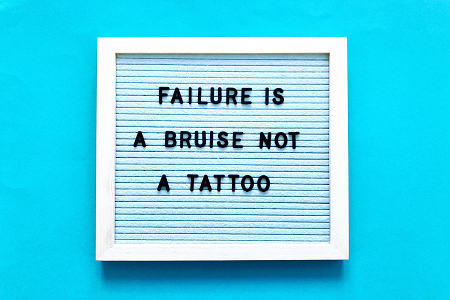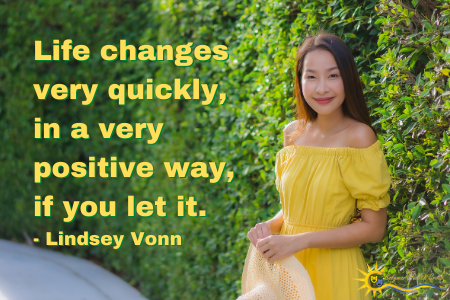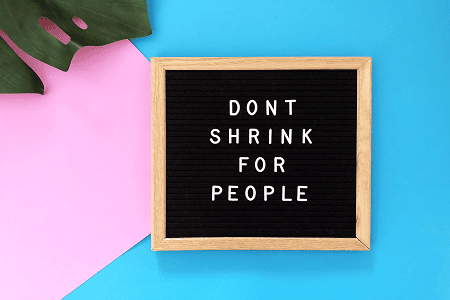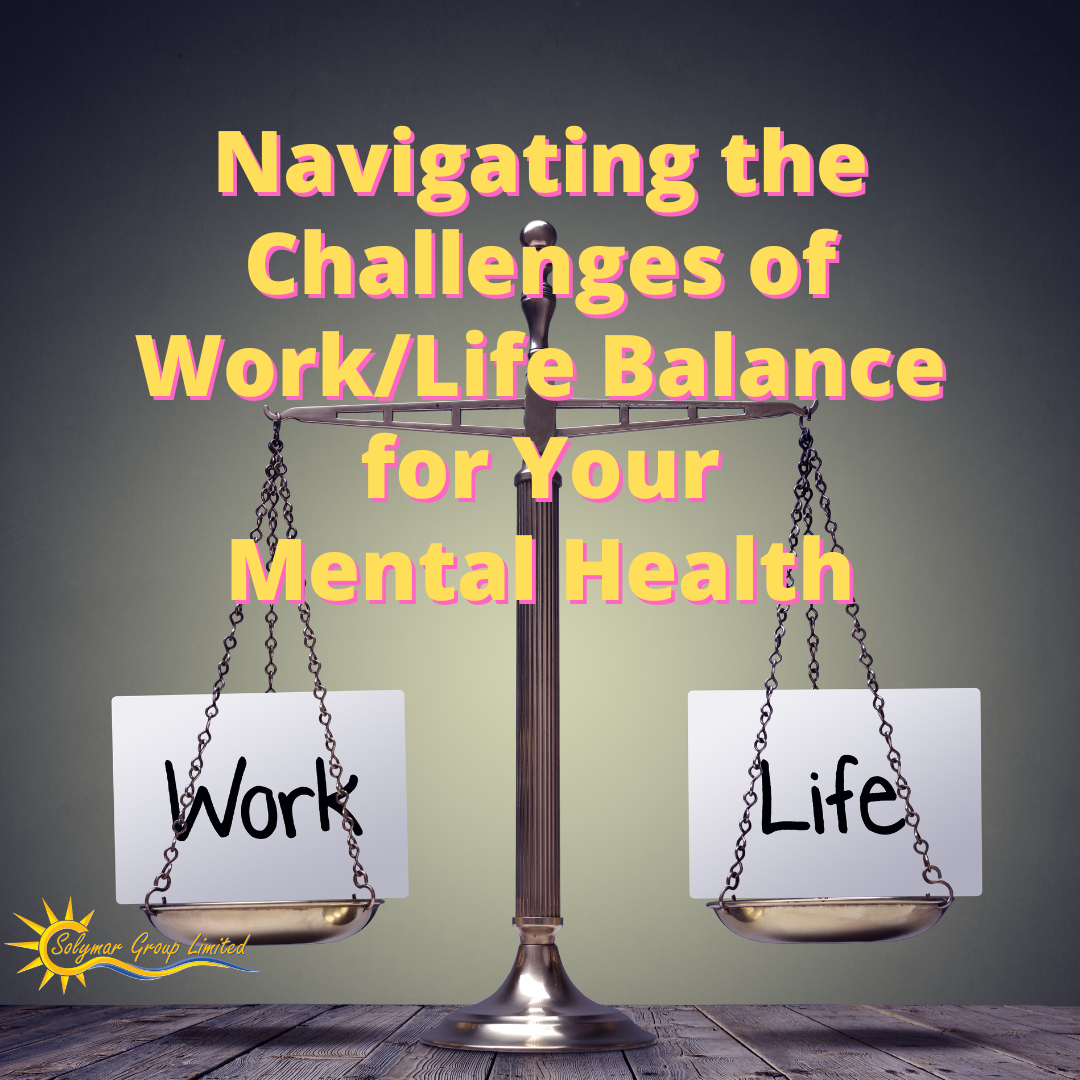 Maintaining a work/life balance is essential for our mental health and overall well-being. However, achieving this balance can be challenging, especially with the demands of modern life. This article will provide insights into the negative effects of poor work/life balance, identifying signs of imbalance, strategies for achieving balance, and navigating work/life balance challenges. The article will also examine the role of employers in promoting work/life balance.
Maintaining a work/life balance is essential for our mental health and overall well-being. However, achieving this balance can be challenging, especially with the demands of modern life. This article will provide insights into the negative effects of poor work/life balance, identifying signs of imbalance, strategies for achieving balance, and navigating work/life balance challenges. The article will also examine the role of employers in promoting work/life balance.
The Negative Effects of Poor Work/Life Balance
Poor work/life balance can have significant negative impacts on our mental and physical health. It can lead to chronic stress, anxiety, depression, burnout, and reduced productivity. When we don't take enough time for ourselves and our loved ones, it can create feelings of isolation, loneliness, and disconnection from our social support network. Additionally, poor work/life balance can negatively affect our physical health by increasing our risk of obesity, heart disease, and other chronic conditions.

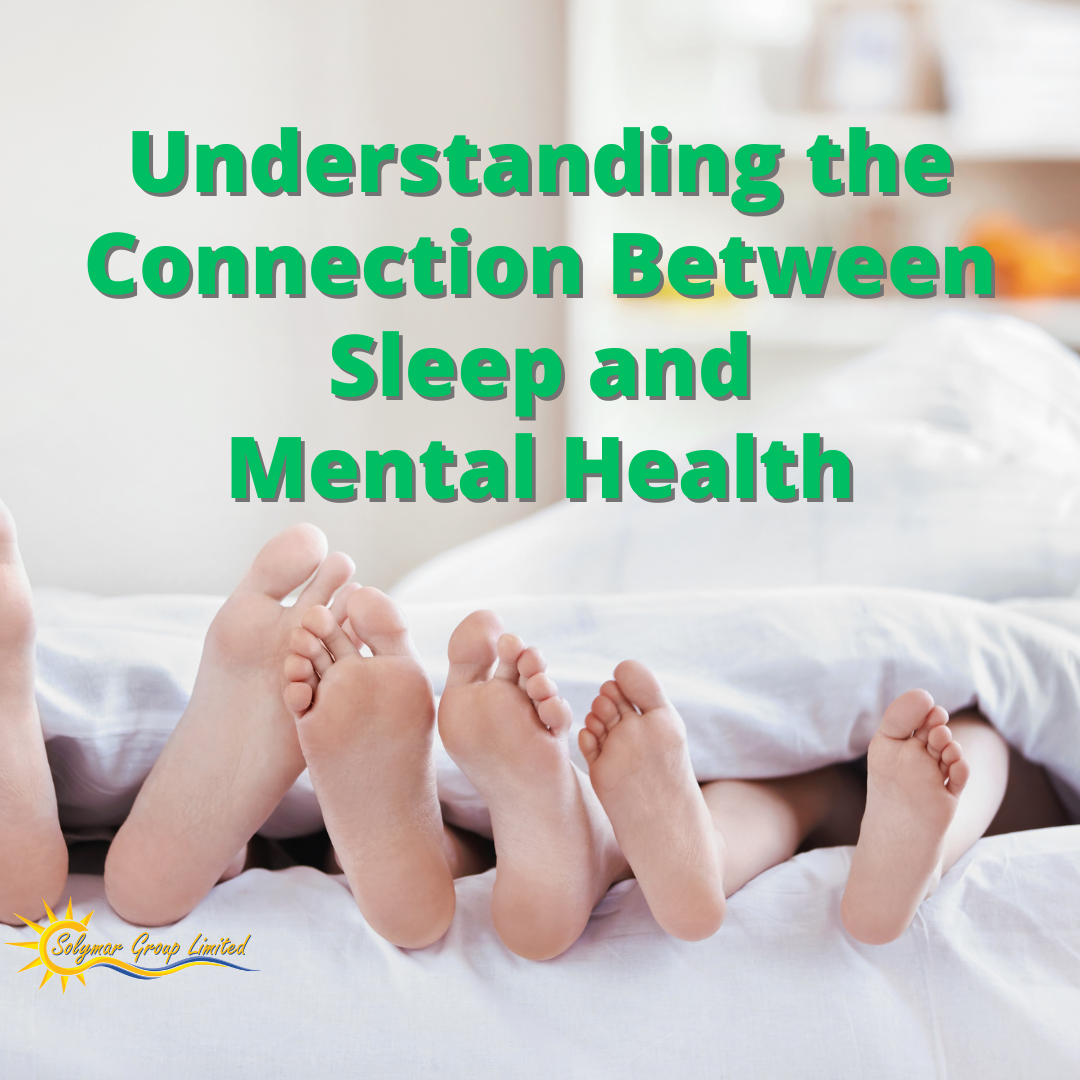 Getting enough sleep is essential for our physical and mental health. Sleep is a restorative process that allows our bodies and minds to recharge, and it plays a crucial role in many different aspects of our lives, including our mood, cognitive function, and overall well-being. In this article, we'll explore the connection between sleep and mental health and discuss how poor sleep can impact our mental health. We'll also provide tips and strategies for improving sleep hygiene and prioritizing better sleep habits to improve our mental health and well-being.
Getting enough sleep is essential for our physical and mental health. Sleep is a restorative process that allows our bodies and minds to recharge, and it plays a crucial role in many different aspects of our lives, including our mood, cognitive function, and overall well-being. In this article, we'll explore the connection between sleep and mental health and discuss how poor sleep can impact our mental health. We'll also provide tips and strategies for improving sleep hygiene and prioritizing better sleep habits to improve our mental health and well-being. Experiencing grief and loss is a natural part of life, but it can be an incredibly difficult and painful experience. Whether it's the loss of a loved one, a job, a relationship, or even a sense of identity, coping with grief and loss can take a significant toll on our emotional and mental well-being. That's why it's crucial to prioritize self-care and healing during this difficult time. In this article, we'll explore some strategies for coping with grief and loss and finding healing and moving forward.
Experiencing grief and loss is a natural part of life, but it can be an incredibly difficult and painful experience. Whether it's the loss of a loved one, a job, a relationship, or even a sense of identity, coping with grief and loss can take a significant toll on our emotional and mental well-being. That's why it's crucial to prioritize self-care and healing during this difficult time. In this article, we'll explore some strategies for coping with grief and loss and finding healing and moving forward.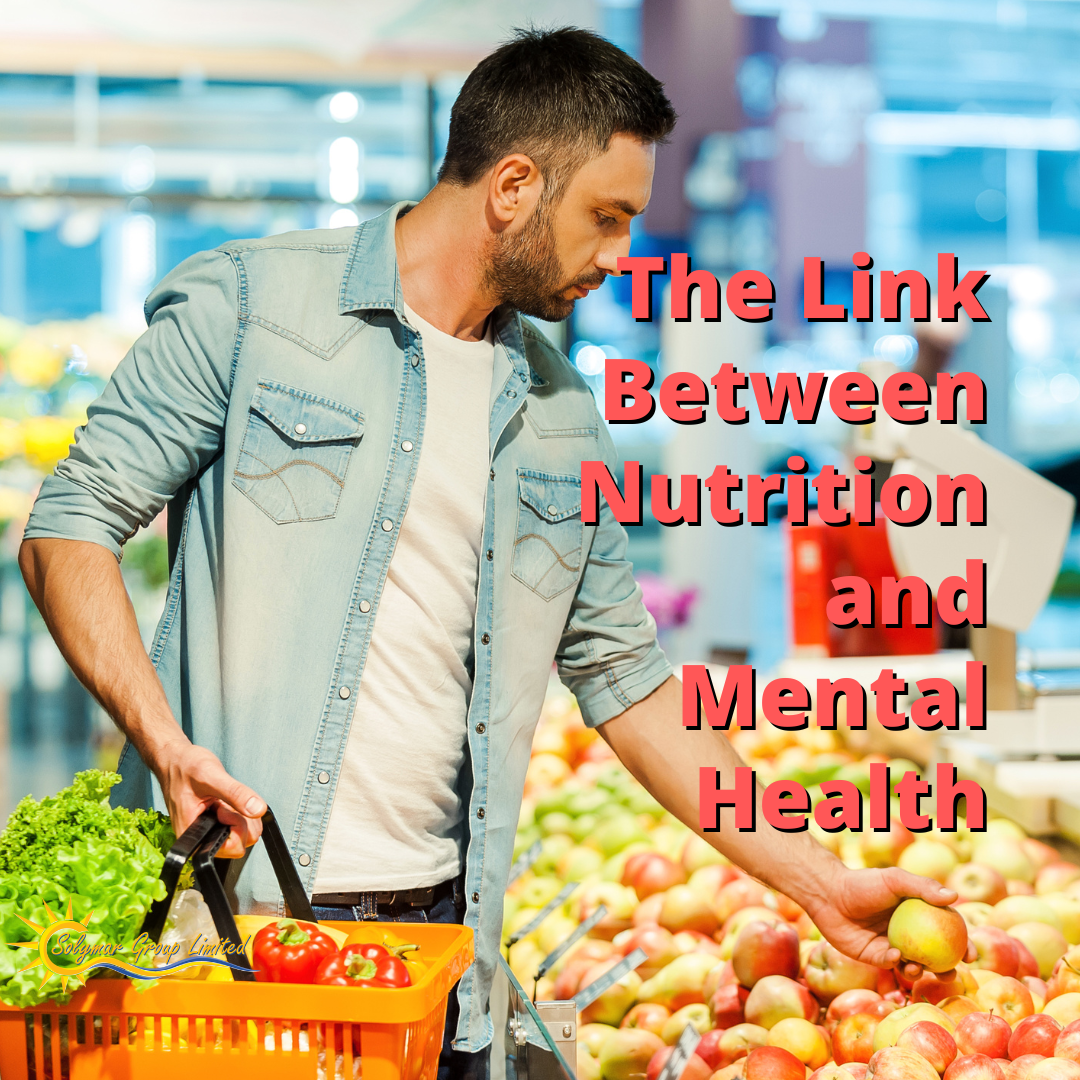 Good nutrition is essential for physical health and well-being, but it is also an important factor in mental health. Eating a balanced diet that includes the right nutrients can help to support mental health, while poor nutrition can lead to physical and mental health problems. In this article, we will explore the link between nutrition and mental health, discuss key nutrients for mental health, and provide strategies for improving nutrition and mental health.
Good nutrition is essential for physical health and well-being, but it is also an important factor in mental health. Eating a balanced diet that includes the right nutrients can help to support mental health, while poor nutrition can lead to physical and mental health problems. In this article, we will explore the link between nutrition and mental health, discuss key nutrients for mental health, and provide strategies for improving nutrition and mental health.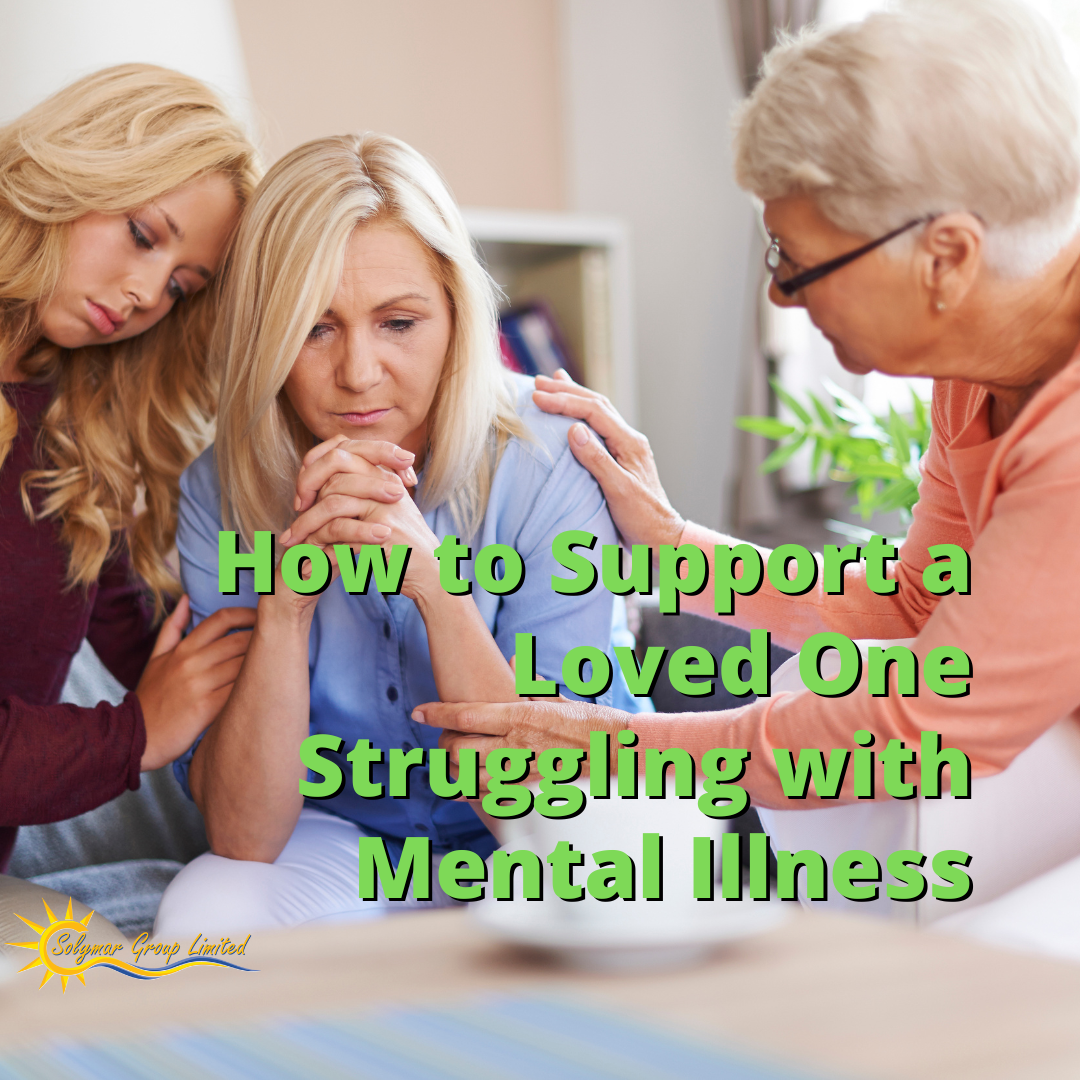 Mental illness affects millions of people worldwide and can have a significant impact on their lives. It can lead to feelings of isolation, hopelessness, and shame, and it can be challenging for loved ones to know how to support them. In this article, we'll discuss ways to support someone with a mental illness, including practical and emotional support, communication strategies, and self-care tips for caregivers.
Mental illness affects millions of people worldwide and can have a significant impact on their lives. It can lead to feelings of isolation, hopelessness, and shame, and it can be challenging for loved ones to know how to support them. In this article, we'll discuss ways to support someone with a mental illness, including practical and emotional support, communication strategies, and self-care tips for caregivers. Aromatherapy is a practice that has been used for centuries to promote well-being. The use of essential oils and other scents can help reduce stress, anxiety, and depression, and promote relaxation and overall well-being. In this blog post, we will explore the connection between aromatherapy and mental health and how scents can improve your mood.
Aromatherapy is a practice that has been used for centuries to promote well-being. The use of essential oils and other scents can help reduce stress, anxiety, and depression, and promote relaxation and overall well-being. In this blog post, we will explore the connection between aromatherapy and mental health and how scents can improve your mood.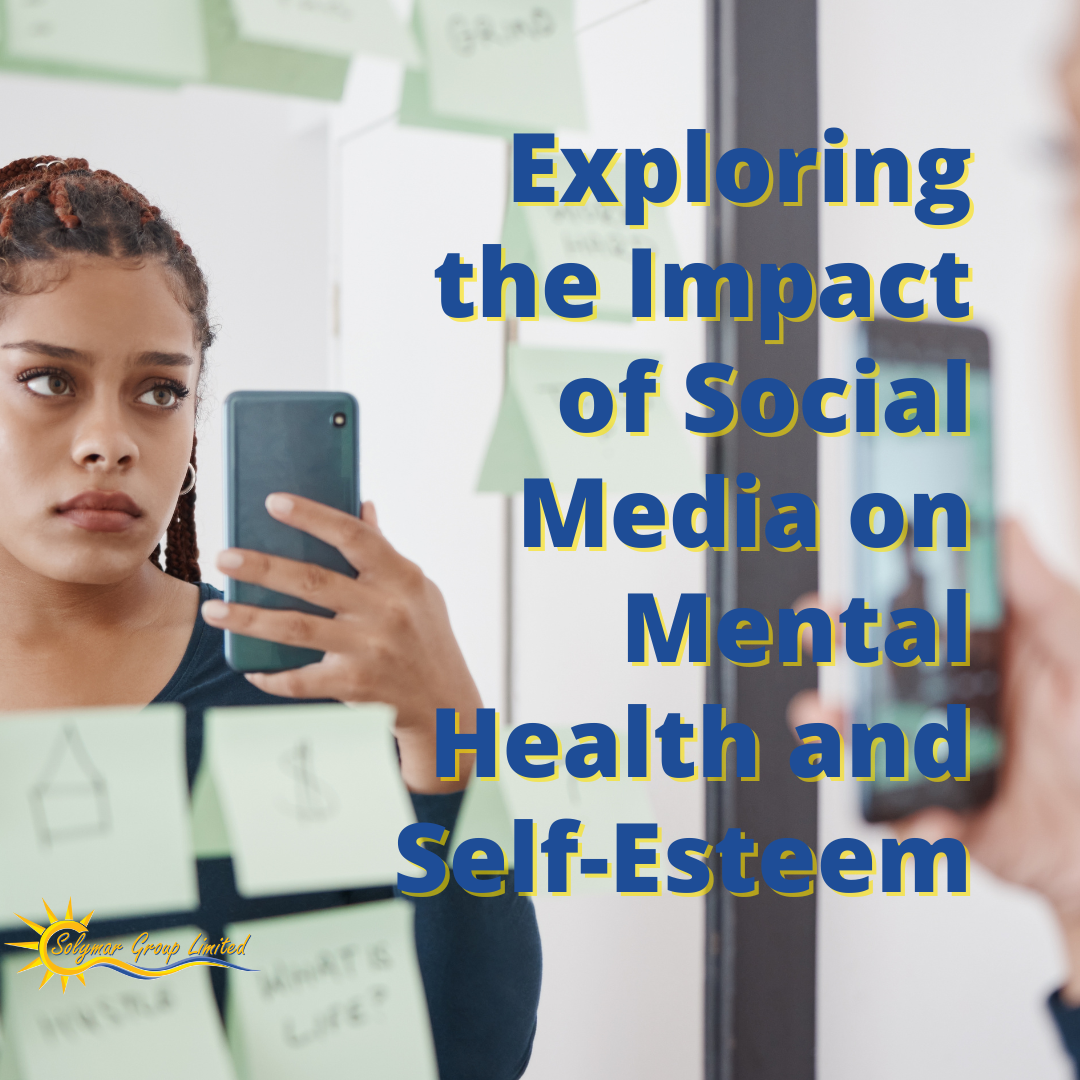 Social media has become a ubiquitous part of our lives, with billions of people around the world using platforms like Facebook, Twitter, and Instagram to connect with friends and family, share experiences, and consume news and entertainment. While social media can offer many benefits, such as facilitating social connections and providing a sense of community, research has also suggested that it can have negative impacts on mental health and self-esteem.
Social media has become a ubiquitous part of our lives, with billions of people around the world using platforms like Facebook, Twitter, and Instagram to connect with friends and family, share experiences, and consume news and entertainment. While social media can offer many benefits, such as facilitating social connections and providing a sense of community, research has also suggested that it can have negative impacts on mental health and self-esteem.